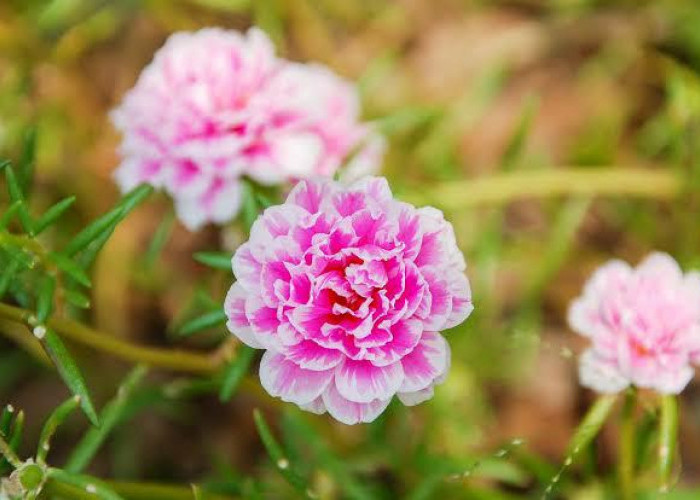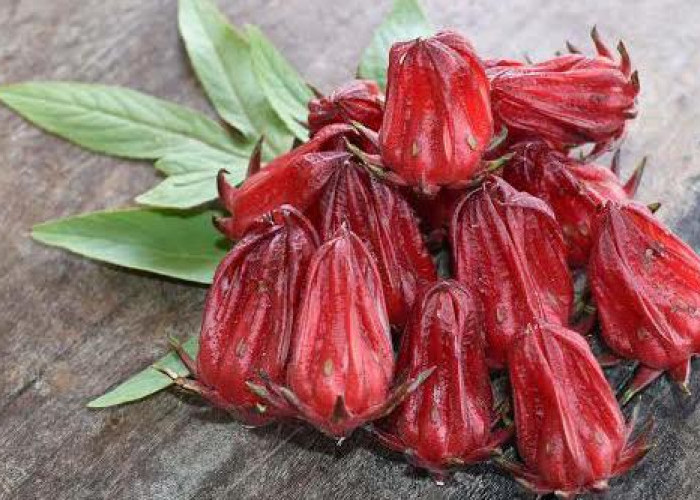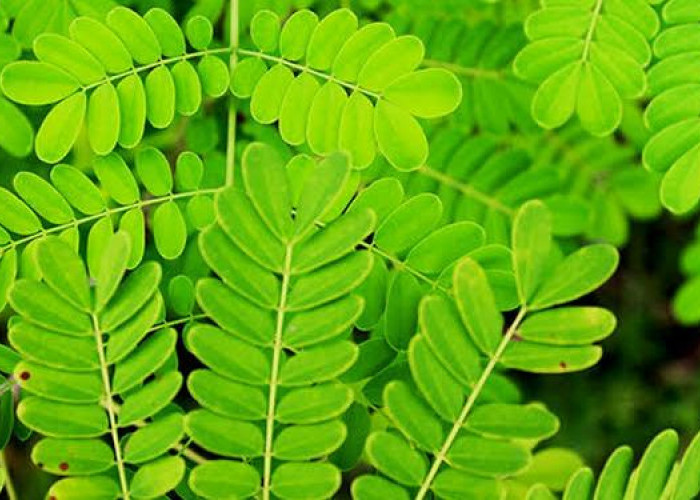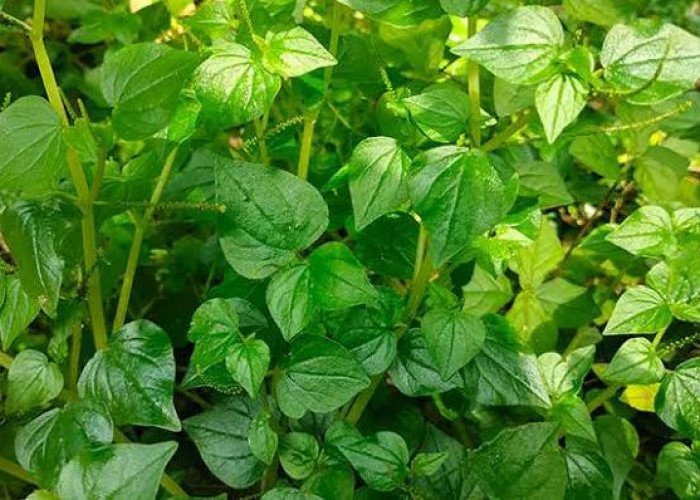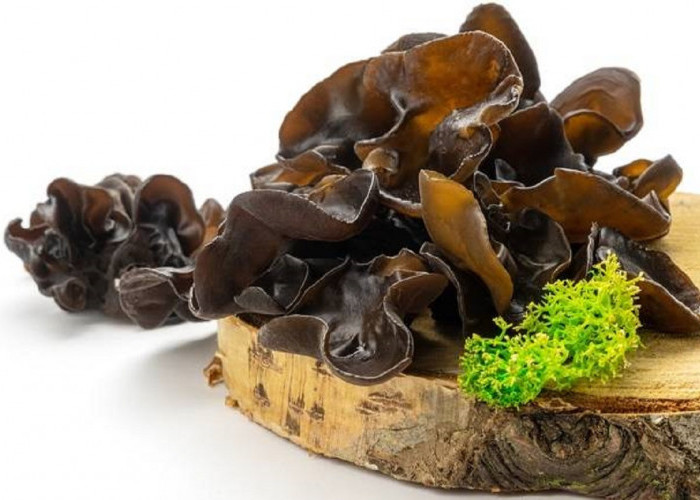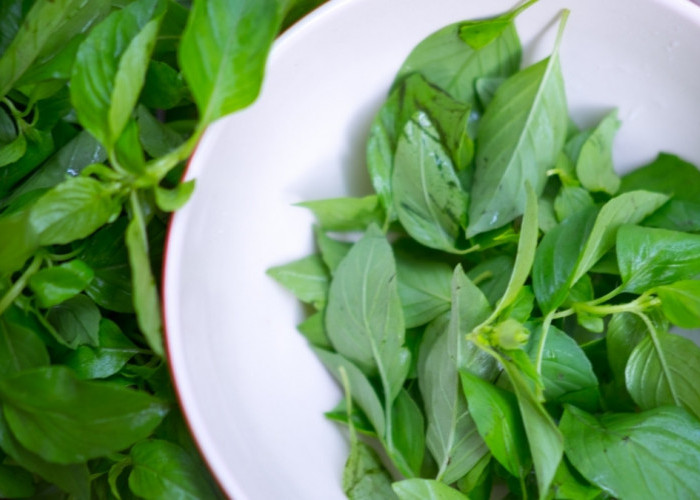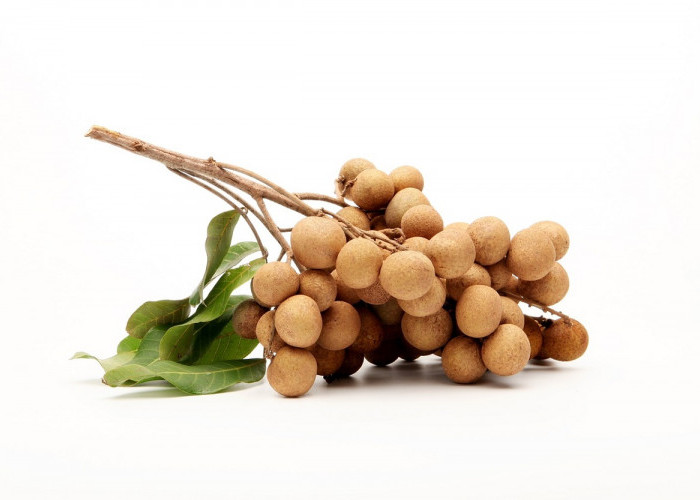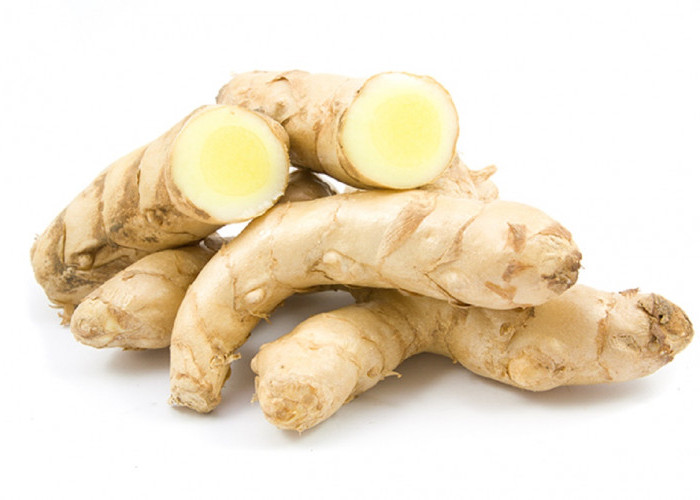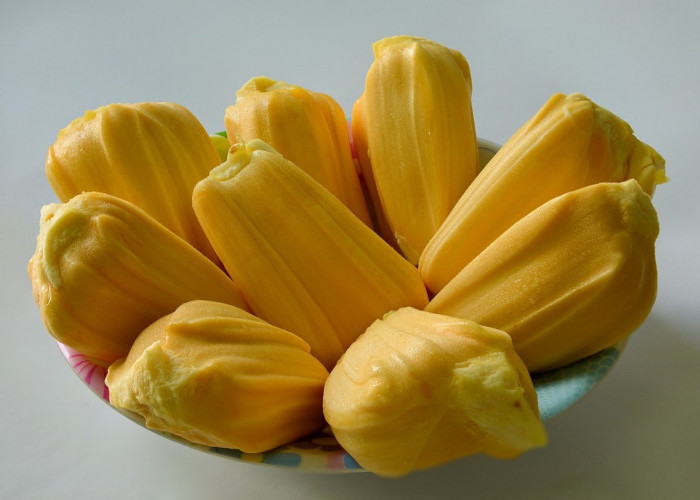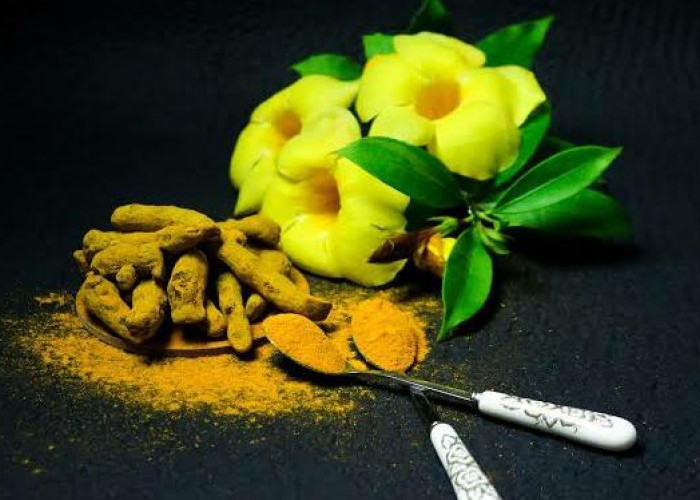Herbal Plants Can Be Dangerous? This Group Should Avoid It’s Consumption

Dangers of herbal-based medicines. Ilustration/Pixabay.com--
RADARLAMPUNG.CO.ID, BANDAR LAMPUNG – Even though it uses natural ingredients from nature that are considered capable of helping to maintain the health of the human body.
Herbal plants seem to have side effects or impacts that might be detrimental to those who consume them.
Medicines made from herbal plants can also harm those who consume them without reading the rules for using these drugs.
The importance of reading the rules for using or using herbal-based medicines is highly recommended.
BACA JUGA: History of Paper Sizes and Their Proper Use
This aims to prevent things that are not desirable, even to the detriment of its users.
There are several groups or groups of people who should avoid taking medicines with herbal plant ingredients.
This group is advised to avoid it because it is possible to have adverse side effects.
Reported by Radarlampung.co.id from the halodoc.com page on Monday, March 13, 2023. The following are groups or groups of people who should avoid taking medicines made from herbal plant ingredients.
BACA JUGA: A Vulnerable Occupation: Working Too Hard Can Cause Chronic Lung Disease
1. People with Kidney Disorders
2. Pregnant and Breastfeeding Women
3. Elderly
4. Child
Cek Berita dan Artikel lainnya di Google News
Sumber:












